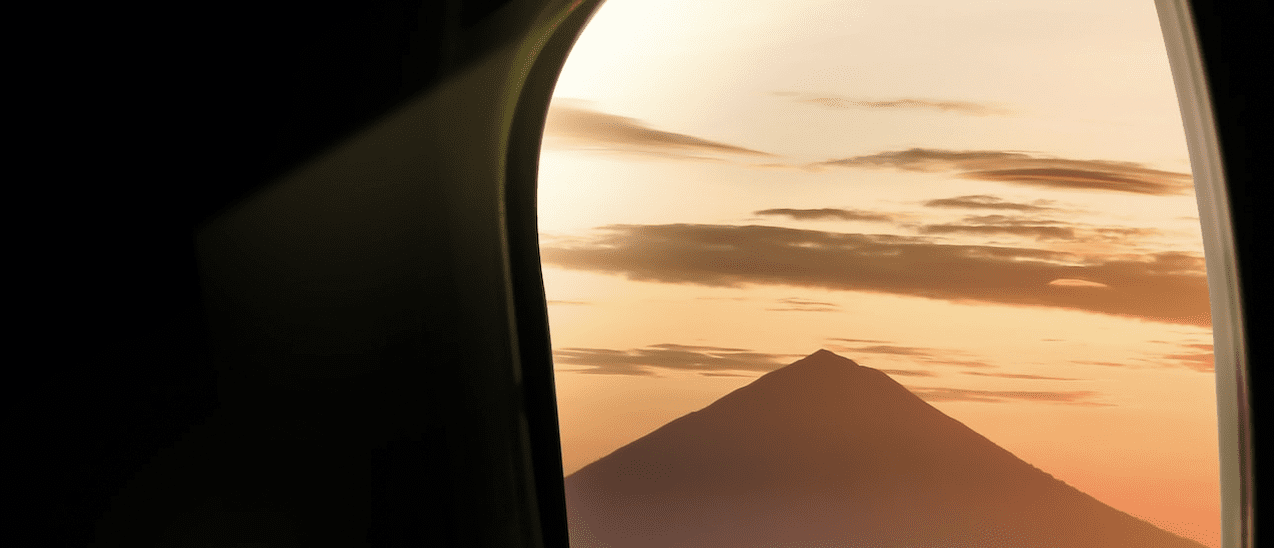Changing future travel trends.

The travel sector has been one of the most volatile and unpredictable industries in recent years, unsurprisingly given the impact of the pandemic and the mounting economic pressures, but the near-future changes in consumer trends could be surprising to many. The question on everyone’s lips during and post-pandemic has been how is the travel sector going to recover, and, even more importantly, adapt to the new world? Most notably, there’s now a new controlling demographic. The younger generation have become the most influential on travel trends, despite being those with a typically lower disposable income and the rising cost of living. All hotels, hotel groups and travel services are predicting that the next generation will make up most of their future luxury bookings and are adapting their ways of working to suit.
At Little Emperors, we’ve seen over a 30% increase in under-40s buying LE membership and an even larger increase in number of bookings by this demographic and this is consistent with the rest of the industry.
This new controlling demographic ‘buy with their eyes’. As such, hotels and travel services are beginning to realize that visuals are king. Hotels that are better visually prepared will receive more bookings from the next generation. They want room specific information, floor plans, video walk-throughs and more.
At a hotel level, it doesn’t stop at the rooms. Features such as the view, landscape and the façade of the building (if it’s historic) all feed into impacting the booking rates. One of our partners, The Four Seasons Astir Palace, does exactly this. By displaying almost everything you could possibly want to see, it enables bookers to really know what they’re spending their money on, so they’re certain it will be worth their hard-earned cash.
The need to see activities and facilities is a multifaceted difference. Not only is it necessary to provide visuals of all on offer but there’s been a sharp trend away from booking ‘just luxury’ hotels and a move to lifestyle bookings – not only do you have to be luxurious, but you also need to offer an experience.
At Little Emperors, to continue to attract bookers, we’re now promoting experiences in hotels over the hotels themselves. We also have specific rooms that stand out to consumers above the hotel they’re a part of. The Keliki Valley Tent on our app is one such example, where guests have a dedicated yoga deck and can have a floating breakfast in their private pool.
The lifestyle experiential aspect of a hotel is catching most of the attention of affluent travelers. This is at least in part due to consumers wanting to make the most of their trip post-pandemic now that they’re finally able to travel.
This isn’t the only trend that can be linked directly back to Covid. Now that most countries have lifted their Covid restrictions, there’s been a surge in further afield travel and bookings. Top of the list are those that previously were the most strict on Covid: Australia, Japan and Indonesia (Bali specifically).
On our app alone, there’s been a 20% increase in reservations to these destinations. They’re finally open and travelers are looking for places further away to go and experience. There’s also a move towards places such as Mauritius, the Maldives & the Seychelles. These are places people can truly switch off and relax after the stressful years of the pandemic and correspond to the need to get away from city crowds and closer to nature – pure escapism now they’re able to leave their homes.
Hotels in these destinations are often also at the forefront of sustainable changing. They are locations that were previously led by their desire for tourism and now are some of the most conscious about changing to be as environmentally positive as possible. This is something that consumers are beginning to prioritize, particularly the younger controlling demographic.
In my opinion, there’s three big take aways from the changes in travel trends that the industry and hotels need to recognize and act on.
First is that Covid has had a huge impact – no one can deny this – but the travel industry has and will continue to adapt and grow. And not all post-covid changes are negative. In fact, most are positive. People are more willing to travel further, try new things, commit more expenditure than previously and there’s more differentiation between hotels as long as you offer more than just a room.
This leads me onto the second take away. Hotels need to do more today than ever to not just survive but thrive. Be bold. Think outside of the box. Do you have an area that could fit a yoga deck? Build it. Do you have a rooftop that you’re not using or needs refurbing? Put a DJ and luxurious seating on it. Could you have an onsite scuba and snorkeling facility rather than sending everyone to the one next door? Do more. It will pay off.
Which brings me to the crux; we can use technology and data not only to read and predict current and future trends. We can use them to be proactive and influence positively. The world is growing more and more sustainable – so why not promote sustainable hotels and travel over unsustainable?
Consumers are already showing they’re more eco-conscious. We should be encouraging this positive behavior and not just viewing them as trends to be reactive to. We in the travel and tech industry have the power to influence for good, and still be business-led. So let’s think of what more we can do, and do it.
